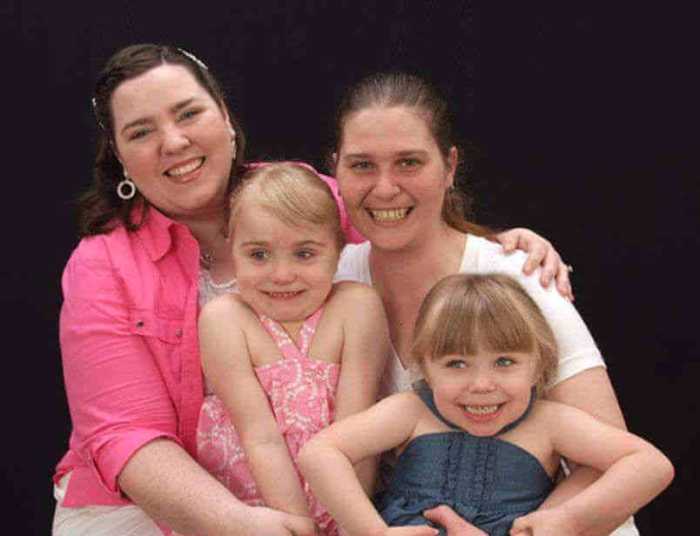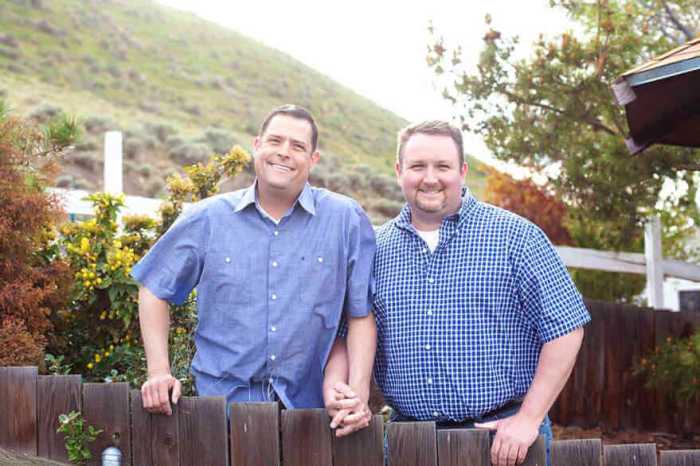The US Supreme Court is postponing its review of three cases that could determine whether workplace discrimination on the basis of sexual orientation and/ or gender identity constitutes a violation of federal civil rights.
The court was scheduled to consider two cases addressing sexual orientation and a third involving gender identity on November 30. The two sexual orientation cases have already been delayed once, from an original court conference date in September.
Title VII of the 1964 Civil Rights Act protects workers from discrimination on a number of grounds, but these cases present the question of whether gender identity or sexual orientation should also be covered — as forms of sex discrimination.
Gerald Lynn Bostock, the defendant in Bostock v. Clayton County, Georgia, was fired from his job as a child welfare services coordinator in 2013 despite having received positive performance evaluations. He alleges that, among other issues, an individual made a disparaging comment about his sexual orientation and his participation in a gay softball league. A federal appeals court in Atlanta dismissed the case, based on an established precedent that the word “sex” in Title VII’s itemization of prohibited grounds for discrimination does not encompass sexual orientation.
In Altitude Express Inc. v. Zarda, which also raises the question of whether Title VII’s ban on discrimination “because of… sex” covers sexual orientation, Donald Zarda, who has died since initiating this suit, was fired from his position as a skydiver after he told an Altitude Express customer that he was gay. Zarda’s estate is continuing to press the discrimination claim, and the New York-based Second Circuit Court of Appeals, sitting as a full bench in February, overruled it prior precedent and concluded that civil rights law does indeed cover workers on the basis of sexual orientation.
The case of R.G. and G.R. Harris Funeral Home Inc. v. Equal Employment Opportunity Commission involves the question of whether the word “sex” in Title VII encompasses “gender identity” and “transgender status.” The Michigan funeral home fired a transgender woman, Aimee Stephens, after she began her transition. The Cincinnati-based Sixth Circuit Court of Appeals ruled that Stephens’ employer unlawfully fired her because of her sex.
The petitions in the two cases involving sexual orientation were delayed from their original September conference date after the Alliance Defending Freedom (ADF), the anti-LGBTQ litigation group representing Harris Funeral Home, asked the court to hold off on that process until briefing could be concluded in its case.
Meanwhile, the US solicitor general, Noel J. Francisco, has asked the court to decline consideration of the funeral home case at this time and instead focus on the sexual orientation cases, arguing in part that decisions on one or both of the gay cases “may bear” on the transgender question.
No reason was given for the delay in consideration of these cases, though it is possible for a single justice to put off review of a case in a scheduled court conference. A new timetable on the three cases has not been announced. The court’s next conferences are scheduled for December 7 and January 4.
If the court does not grant review of these cases by the mid-January, it is unlikely that oral arguments could be scheduled to allow for decisions by the time its 2018-2019 term ends in June. Given that the court, under President Donald Trump, has already shifted to the right with the recent confirmation of Judge Brett Kavanaugh, delay in settling the Title VII questions at issue could further lengthen the odds against the community’s interests prevailing.





































